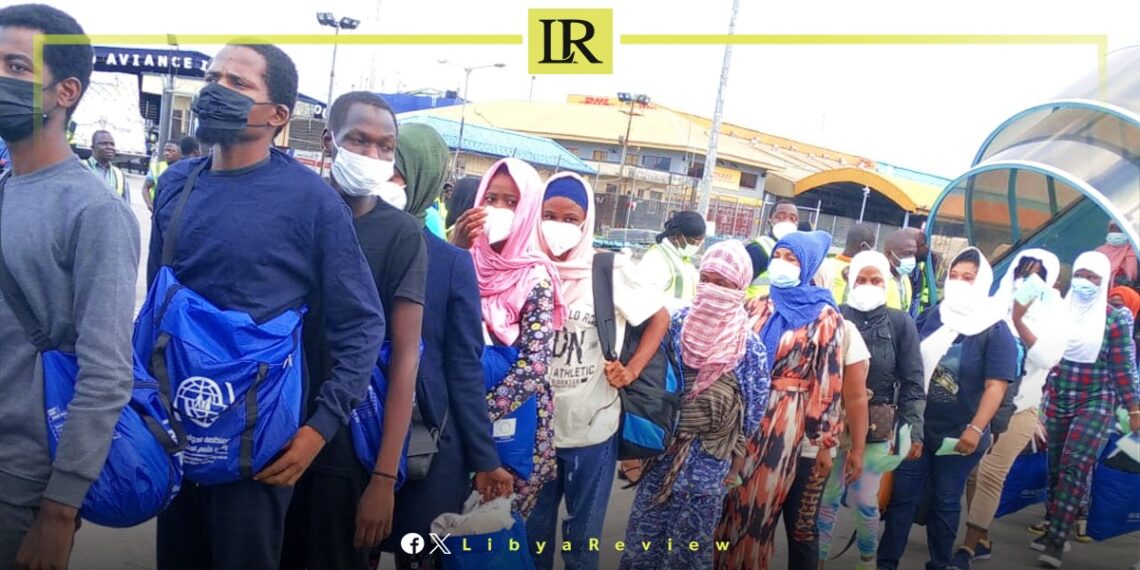On Thursday, the Federal Government of Nigeria successfully repatriated 158 irregular Nigerian migrants from Libya, according to Ambassador Mohammed Mohammed, Nigeria’s Charge d’Affaires to Libya.
The group included 77 males, 45 females, 26 children, and 10 infants. Among them, 26 men were released from the Abu-Salim Detention Centre in Tripoli, where they had been detained during ongoing raids targeting undocumented foreigners in Libya.
Ambassador Mohammed stated that 1,776 stranded Nigerians have been repatriated from Libya so far, thanks to a collaborative effort between the Nigerian mission and Libyan authorities. This initiative is part of the International Organization for Migration’s (IOM) Voluntary Humanitarian Repatriation (VHR) program.
“This marks the 12th evacuation exercise carried out by the Nigerian Mission in Libya this year,” Mohammed noted. The latest operation follows the repatriation of 142 irregular Nigerian migrants from Sabha, Libya, on July 19.
The ambassador explained that some of the migrants were rescued from the Mediterranean Sea by the Libyan Coastal Guards, while others were arrested on charges such as prostitution, illegal entry, overstay, and lack of proper documentation. Additionally, some migrants voluntarily approached the IOM in Libya for repatriation.
Mohammed acknowledged that the reputation of Nigerians in Libya has suffered due to the criminal activities of a minority. Crimes such as kidnapping for ransom, drug trafficking, prostitution, sale of alcohol, cultism, and human trafficking have been attributed to some Nigerians in collaboration with Libyan associates.
“As a result, the arrest and deportation of Nigerians may continue in the coming weeks and months,” Mohammed warned. He urged Nigerians to avoid irregular migrations, citing the increasing and coordinated raids on illegal migrants across Libyan cities.
Libya has been a major transit point for migrants attempting to reach Europe. The country’s instability since the 2011 civil war has led to the rise of human trafficking networks and a significant number of undocumented migrants. Many Nigerians, seeking better opportunities, have fallen prey to these networks, facing severe hardships and abuses.


